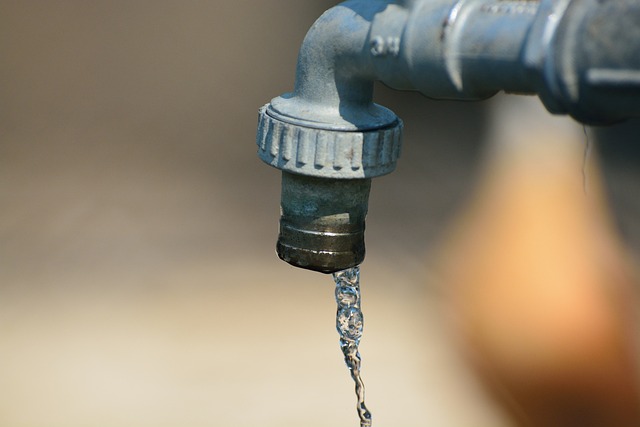Cape Town — The Portfolio Committee on Water and Sanitation has called on government to intervene in Gauteng’s water crisis, with concerns that municipalities are unable to fulfill their water conservation roles.
During a meeting with Rand Water and the Department of Water and Sanitation to discuss the ongoing water crisis in Gauteng, the Portfolio Committee said municipalities were not fulfilling their role in the water value chain, and it was unacceptable for Rand Water to bear the brunt of municipal inefficiencies, IOL reported.
The Committee’s concern was the volume of water lost in the system, mainly due to failures in the municipal infrastructure. According to the No Drop Report, Gauteng’s non-revenue water—the portion of treated water not generating income—stands at 49.2%, nearly half of its supply.
For South Africa to have a sustainable system, municipalities must improve infrastructure maintenance, repair leaks, enhance metering and billing, improve revenue collection, manage pressure, and engage in community education. Without these interventions, the system will continue to face challenges at the expense of water users,” the Portfolio Committee’s Leon Basson said.
The Committee said the Western Cape’s non-revenue water stood at just 27.6% and showed that reducing water loss was achievable with investemt in maintenance and repairs. It also encouraged Gauteng municipalities to implement strategies to address water consumption as Gauteng’s average water use is 279 litres per day, which is more than 100 litres than the international average.
In addition, the committee said it was unacceptable that municipalities have failed to pay for bulk water services that has left water flow boards on the brink of bankruptcy. Rand Water is owed over R5 billion in overdue debt.
Rand Water has been praised for its commitment to infrastructure development and maintenance, using a budget of R4.83 billion, and believes municipalities should adopt the same proactive approach when it comes to infrastructure.
Basson stated that the committee will continue monitoring progress to ensure Gauteng addresses the risks threatening the water system and he encouraged all stakeholders to come together to address the issues and prevent a complete collapse of the system.
[READ]
Discussion | SA’s water crisis | Municipalities urged to curb excessive water losshttps://t.co/1K8nYc3JdT@GautengProvince @GDCoGTA @DWS_RSA @MYANC @Our_DA @EFFSouthAfrica @UDmRevolution @VotePA_SA@A_C_D_P @Action4SA #RWReduceConsumption #RWWaterDemand
[NS]— Rand Water (@Rand_Water) October 24, 2024
In a statement, the Democratic Alliance (DA) agreed with the admission by Minister Pemmy Majodina that the water crisis was “self-inflicted” by municipalities.
“Minister Majodina’s remarks reaffirm what the DA has long maintained: the water shortages in Gauteng are a result of poor governance, not natural causes,” the DA’s Stephen Moore said.
He added that the crisi was not due toa drought but ratehr a failue by municipalities to implement basic maintenance and address water losses due to leaks, illegal connectrions and poor financial manegement, which has left many without reliable access to water.
“We call on these ANC-run municipalities to take immediate action, in line with the clear recommendations that have been made by both Rand Water and the National Government. This crisis could have been avoided if there had been the political will to fix what is broken,” he said,
The DA also called on Parliament to act and ensure that Deputy President Paul Mashatile;s National Water Task team takes decisive action to hold municiaplities accountable and ensure residents have access to basic right to water.
“This crisis, though severe, can still be managed, but only if immediate action is taken by Gauteng’s leadership,” he concluded.
Premier Lesufi come, let’s discuss Gauteng’s water crisis and find solutions to our dry taps. The residents are waiting for an answer. #NoDryTapsGauteng pic.twitter.com/0guYZBy7EF
— DA Gauteng (@DAGauteng) October 24, 2024
Follow African Insider on Facebook, Twitter and Instagram
Picture: Pixabay
For more African news, visit Africaninsider.com
Compiled by Matthew Petersen


